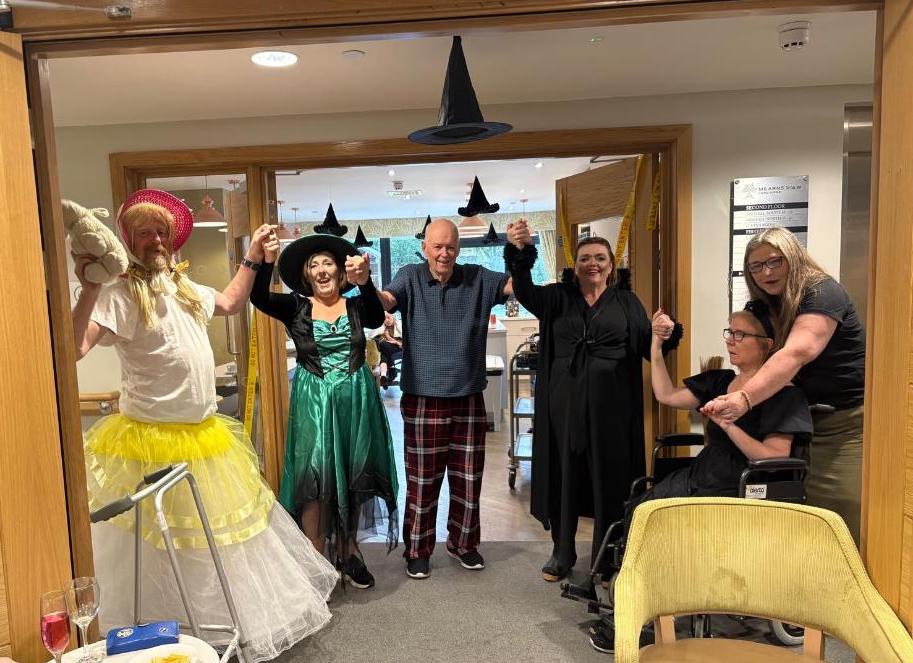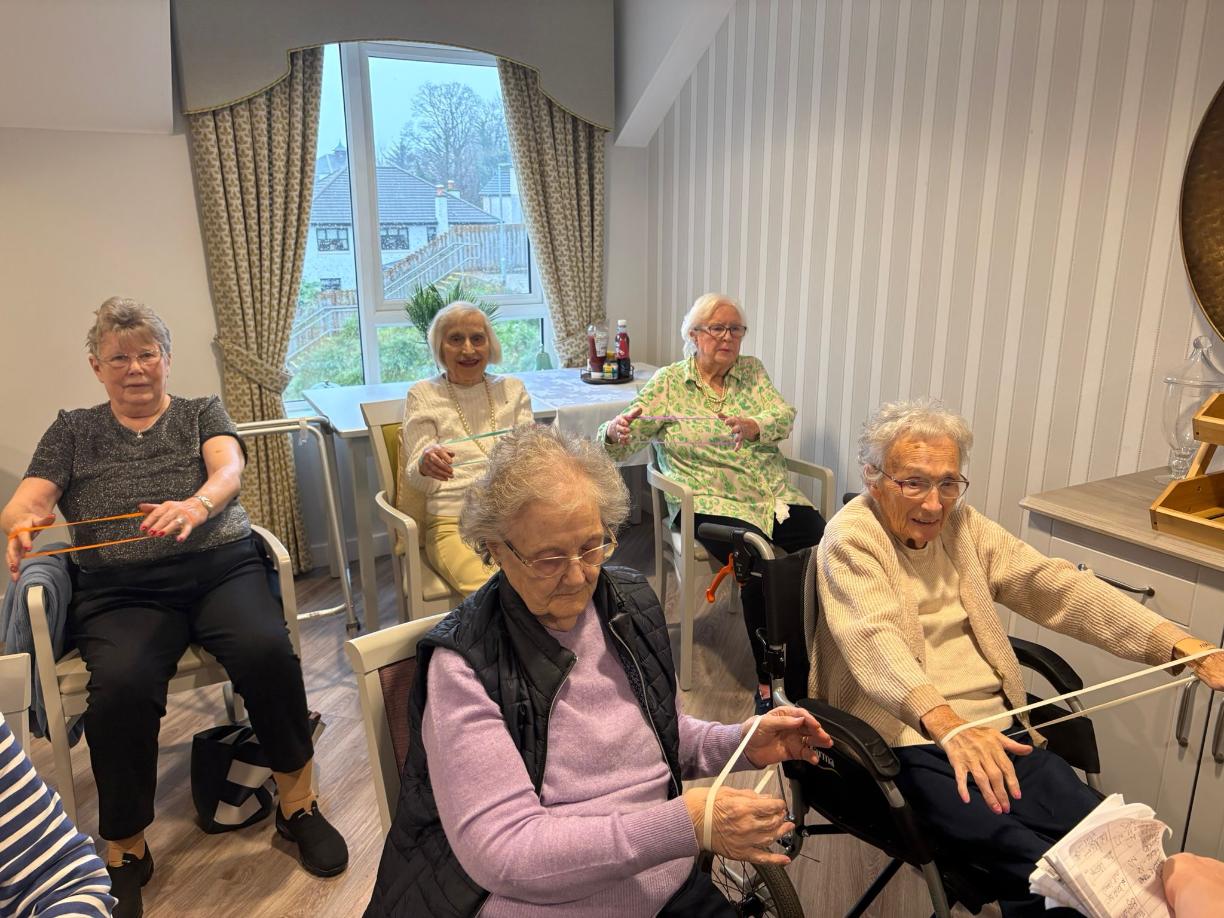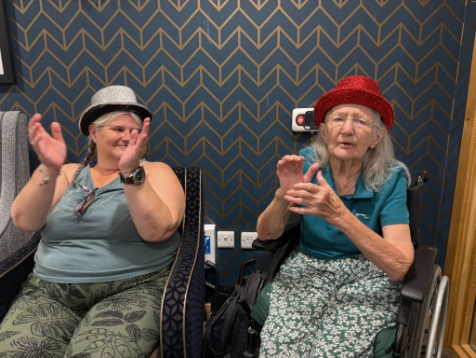What is Person-Centred Care in a Nursing Home?

When someone moves into a nursing home, they are not just entering a care setting. They are bringing with them a lifetime of experiences, preferences, and values. Person-centred care recognises that each resident is an individual with unique needs, wishes, and routines. It is an approach that puts the person at the heart of every decision, ensuring they receive the right support while maintaining as much independence as possible.
Understanding Person-Centred Care
Person-centred care is more than a care plan. It is a philosophy that shapes how care is delivered, focusing on the whole person rather than just their medical conditions. This approach aims to create a supportive environment where residents feel respected, valued, and listened to.
Instead of fitting residents into a standard routine, person-centred care adapts to each individual’s lifestyle and preferences. It could mean choosing what time they wake up, deciding on meals they enjoy, or continuing hobbies they have loved for years.
Why it Matters in a Nursing Home
In a nursing home environment, residents may have complex needs that require skilled nursing care, ongoing medical support, and assistance with daily routines. Person-centred care ensures these needs are met without losing sight of the person’s identity.
For example, two residents with similar health conditions might need very different daily support because their personalities, cultural backgrounds, and life experiences are unique. Person-centred care allows for these differences, creating tailored support plans that reflect each resident’s priorities.
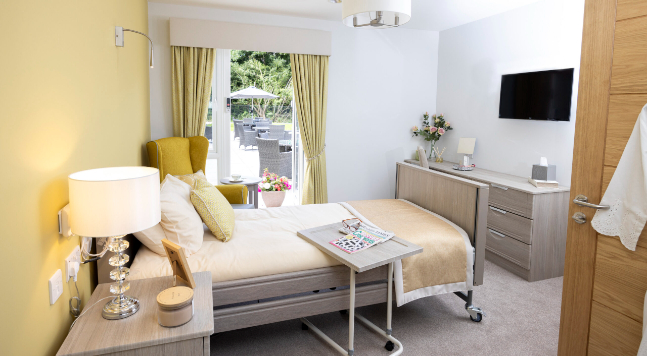
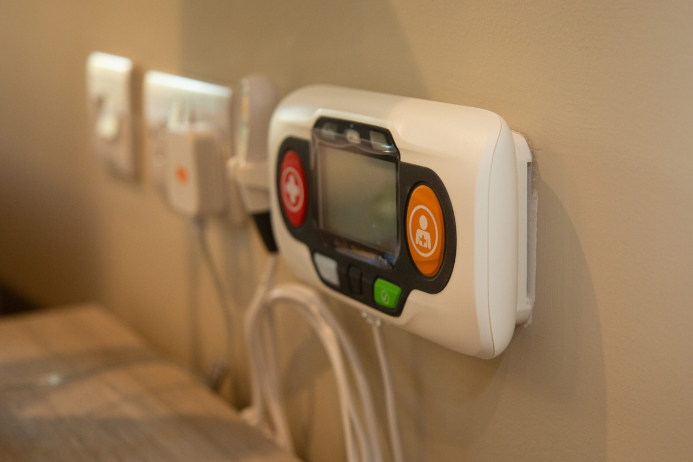
The Core Principles of Person-Centred Care
While person-centred care can look different for each resident, there are key principles that guide this approach:
- Respect for individuality – recognising personal values, beliefs, and traditions.
- Active involvement – encouraging residents to take part in decisions about their own care.
- Dignity and privacy – ensuring residents feel respected at all times.
- Clear communication – keeping residents and their families fully informed.
- Flexibility – adapting care routines to suit the resident rather than the other way around.
These principles help build trust between residents, care workers, and healthcare professionals, which is vital for overall well-being.
How Person-Centred Care Works in Practice
Delivering person-centred care begins with a thorough assessment of each resident’s needs, preferences, and medical history. This assessment leads to a personalised care plan that includes not just healthcare requirements but also emotional support, social activities, and daily routines.
The care team will regularly review the plan to ensure it is still meeting the resident’s needs. This might involve making changes if a health condition changes, if the person develops new interests, or if their personal preferences evolve.
Benefits for Residents
Person-centred care can improve life in a nursing home in many ways:
- Greater independence – residents are supported to do as much for themselves as possible.
- Improved mental health – feeling heard and respected boosts confidence and mood.
- Stronger relationships – open communication builds trust between residents, staff, and family members.
- Better quality of life – care is not just about meeting medical needs but also about creating meaningful daily experiences.

Activities as Part of Person-Centred Care
Activities play a key role in this approach. They are tailored to the resident’s abilities, interests, and personal history. For example, someone who used to love gardening might take part in looking after plants in the care home garden. A resident with a passion for music could join singing sessions or listen to favourite songs from their younger years.
These activities are not just for enjoyment. They can help maintain cognitive function, encourage social interaction, and provide a sense of purpose. In nursing homes, activities can also be adapted for residents living with dementia, ensuring they feel included and engaged.

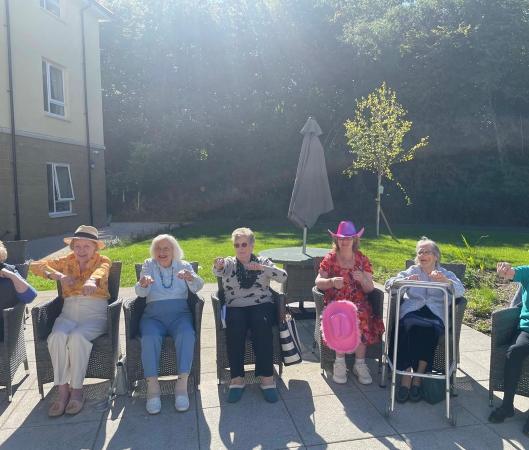
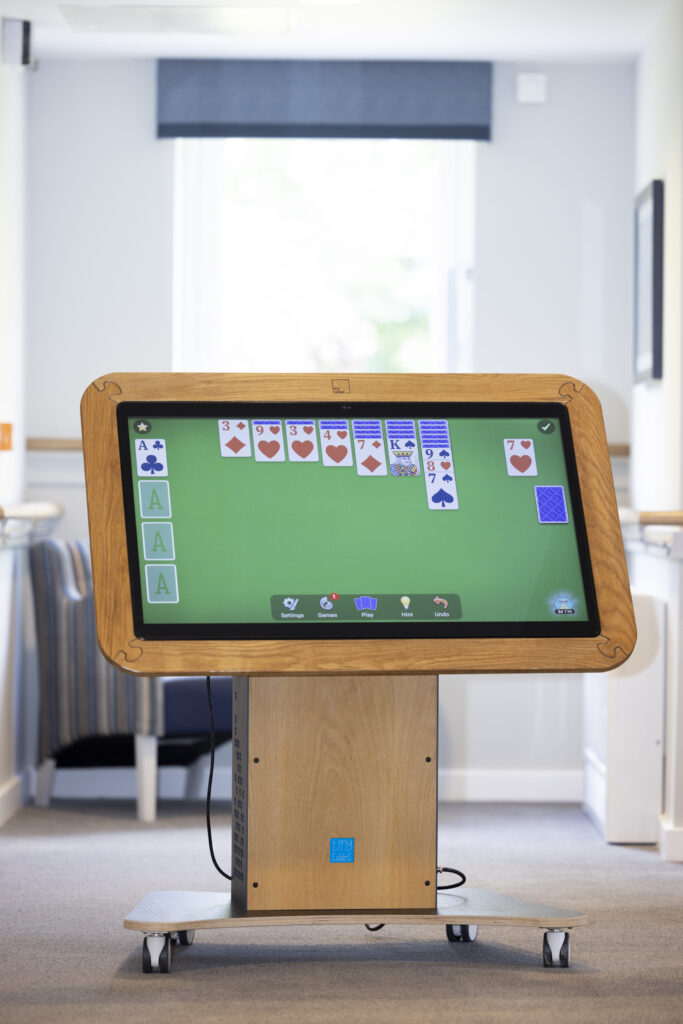
The Role of Families in Person-Centred Care
Family members are often an important part of the care planning process. They can provide valuable insights into a resident’s life history, preferences, and past routines. This helps the care team create a more accurate and meaningful support plan.
By involving families in regular reviews, nursing homes can make sure that the resident’s care remains aligned with their values and wishes.
Person-Centred Care and Skilled Nursing Support
While person-centred care is about emotional and social well-being, it also works hand in hand with skilled nursing interventions. An experienced registered nurse or certified nursing assistant will still provide essential clinical care such as monitoring vital signs, managing medication, and supporting those with complex health conditions. The difference is that this care is delivered with the resident’s preferences, comfort, and dignity in mind.
Seeing Person-Centred Care in Action at Mearns View
If you are exploring nursing homes for yourself or a loved one, person-centred care is something to look for. It is not simply a style of care but a commitment to treating every resident as a unique individual with the right to make choices about their own life.
At Mearns View Care Home in Newton Mearns, our dedicated team combines professional nursing care with a warm, respectful approach that supports residents’ well-being in every aspect. If you would like to see our person-centred care in action, you are welcome to speak to our friendly team and arrange a visit.

